In the early morning of May 9, Vietnam time, the US Department of Commerce listened to the debate of the parties on recognizing Vietnam as a market economy . This is an important discussion session for the US to consider upgrading Vietnam to market economy status on July 26.
According to Reuters , a Vietnamese representative affirmed that Vietnam has met the six criteria of the US Department of Commerce to become a market economy.
Retailers and many groups in the US support
Representing the Vietnamese Ministry of Industry and Trade - Attorney Eric Emerson from Steptoe LLP Law Firm based in Washington (USA) - affirmed that Vietnam has met the 6 criteria that the US Department of Commerce uses to assess whether a country has a market-oriented economy or not. Therefore, Vietnam should be upgraded to a market economy.
The six criteria set by the US include: currency convertibility; wage and salary negotiations between employees and employers; foreign investment in economic activities; state ownership and private ownership; government control over certain resources and prices; and other factors.
According to Mr. Eric, Vietnam has demonstrated that its performance on the above criteria is as good or often better than other countries that have been granted market economy status. Vietnam intervenes less in state-owned enterprises than India, and is more open to foreign investment than Indonesia, Canada and the Philippines.
More importantly, Vietnam and the US upgraded their relationship to a comprehensive strategic partnership in September 2023. Opportunities for economic cooperation between the two sides are more open than ever. According to many US newspapers, Vietnam is the most worthy investment destination in ASEAN in the coming years.
Mondaq recently published an article making such a statement, based on practical and accurate grounds such as increased economic diversification, international integration, investment law reform and effective economic policies.
US Treasury Secretary Janet Yellen has also repeatedly mentioned Vietnam as a strategic destination for bringing investment and supply chains to friendly countries (friend-shoring).
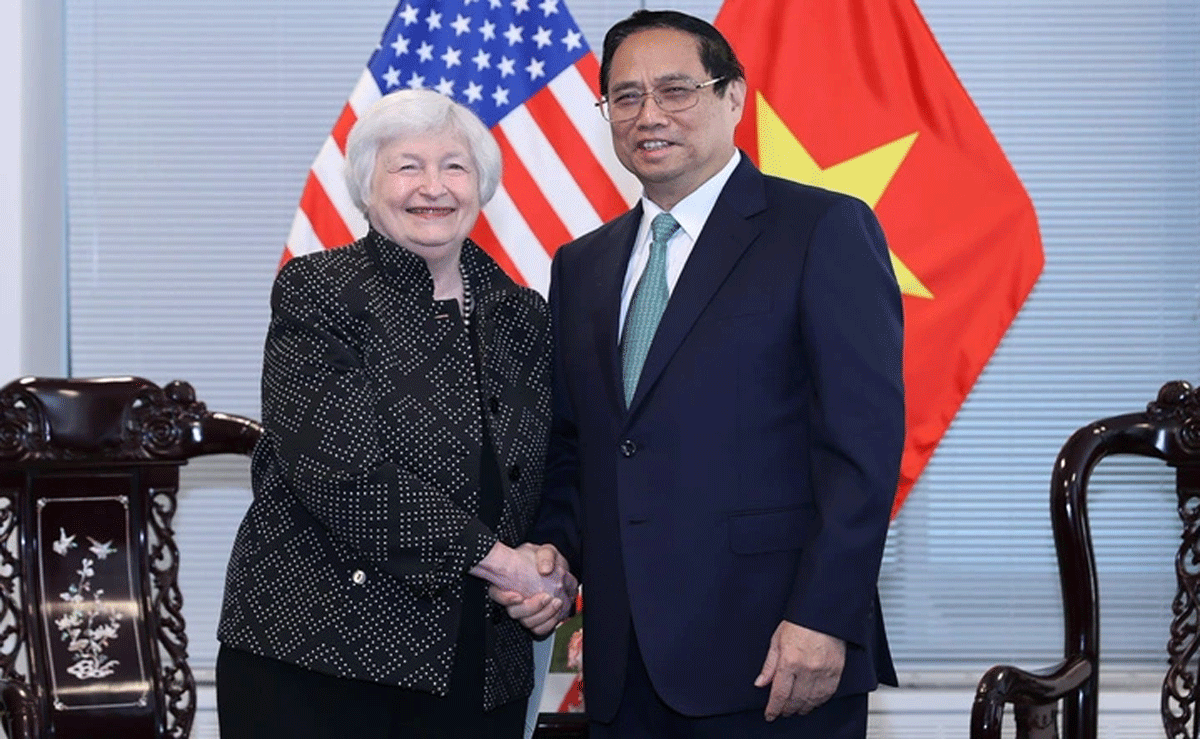
Prime Minister Pham Minh Chinh met with US Treasury Secretary Janet Yellen during his visit to the US in September 2023. Photo: VNA
In mid-March, another US business delegation with a record number of businesses visited Vietnam after Vietnam and the US upgraded relations. The business delegation was led by former Ambassador Ted Osius, President and CEO of the US-ASEAN Business Council (USABC), along with US Ambassador to Vietnam Marc Knapper, representative of US Eximbank, special representative for trade and business, US Department of State...
According to Reuters , USABC is a strong supporter of upgrading Vietnam's status. Mr. Ted Osius affirmed that Vietnam already has a market economy. Accordingly, "they have met important criteria such as currency convertibility and are ready to be recognized as official status."
According to the USABC representative, American businesses have invested significantly in Vietnam because they recognize the country’s development potential. The actual number of “American-origin” FDI capital flows into Vietnam is very large.
Which groups are concerned?
According to Reuters , steelmakers, shrimp farmers in the Gulf of Mexico and honey farmers in the US are currently opposing the move to upgrade Vietnam to a “market economy” status. However, retail corporations and many other business groups support the move.
The reason why American shrimp farmers object is because they believe that raising the status like that will help reduce anti-dumping tax on Vietnamese imports.
In addition, there are concerns about the Vietnamese industry's heavy dependence on investment and input imports from China, with many products subject to US anti-dumping duties.
Mr. Jeffrey Gerrish, representative of steel manufacturer Steel Dynamics, said that the upgrade will cause a sharp increase in imports from Vietnam to the US and will be a door for China to avoid US tariffs.
What benefits does Vietnam get?
According to Reuters , upgrading Vietnam to “market economy” status in an effort to strengthen US-Vietnam economic relations is supported by many US businesses, including members of the US-ASEAN Business Council.
According to a representative of a foreign investment fund in Vietnam, if Vietnam is upgraded to a market economy, Vietnamese exporters will be the first to benefit. Among them, shrimp exporting enterprises will benefit greatly.
Currently, Vietnamese shrimp is subject to high taxes. This year, the US International Trade Commission extended the anti-dumping tax of 25.76% on frozen farmed shrimp imported from Vietnam, while the tax on shrimp from Thailand (which has been recognized by the US as a market economy) is only 5.34%.
Accordingly, if upgraded to "market economy" status, shrimp exporting enterprises to the US will gradually have this tax rate reduced over time, thereby increasing their competitiveness in the US.
In the trading session on May 9, many stocks of the Vietnamese seafood industry increased quite strongly. Names such as Vinh Hoan Seafood (VHC), shrimp exporting enterprises such as MPC, FMC... are expected to benefit.
During the visit of a high-level US business delegation in March, Mr. Marc Knapper, US Ambassador to Vietnam, emphasized that this is a new era between the two countries, with a comprehensive relationship and many cooperation frameworks. Thereby promoting prosperity for the region, including Vietnam, the US and other APEC members. The US representative believes in the development of Vietnam as well as its strategic position in the world.
Assessing Vietnam in the new period, US Ambassador to Vietnam Marc Knapper said that Vietnam is playing an increasingly larger and more important role in the global supply chain. Vietnam is a major trade partner of the US and Vietnam has a dynamic economy.
Regarding US FDI capital in Vietnam, Mr. Ted Osius predicted that there will be more FDI capital inflows into Vietnam. Current FDI capital flows are not only shown as statistical numbers, but in reality, there are many US businesses investing in Vietnam through other countries such as Singapore, as in the case of Coca Cola.

Source: https://vietnamnet.vn/toan-canh-tranh-luan-de-my-cong-nhan-viet-nam-la-nen-kinh-te-thi-truong-2279038.html








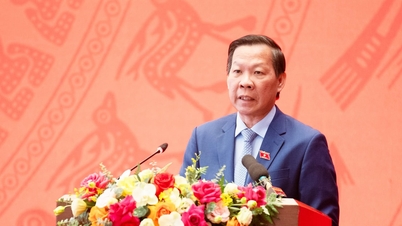

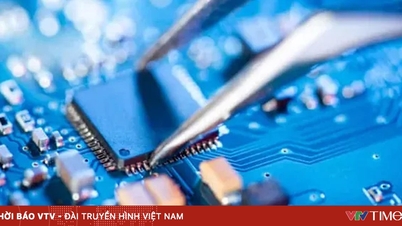

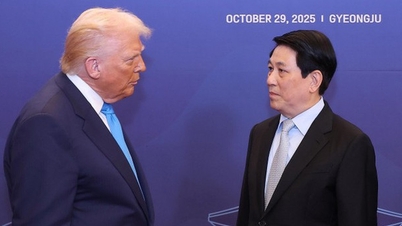

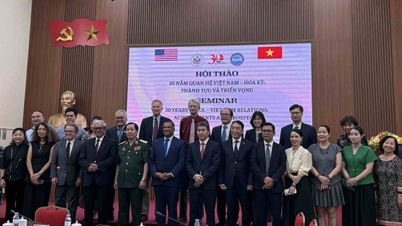

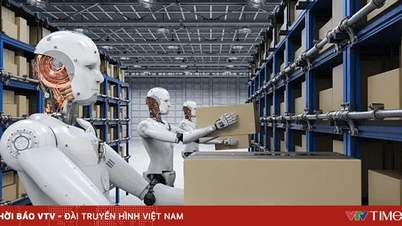

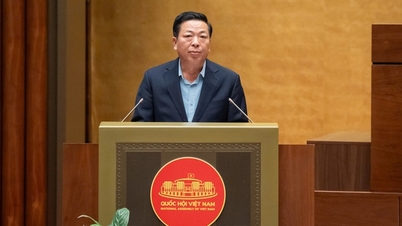

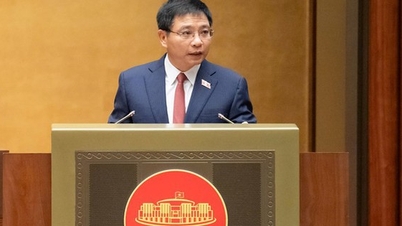
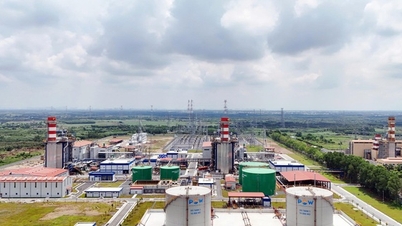
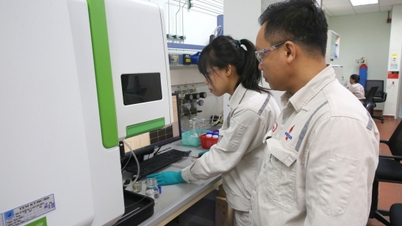


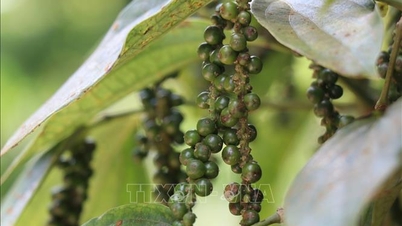







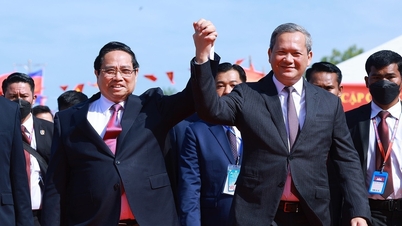


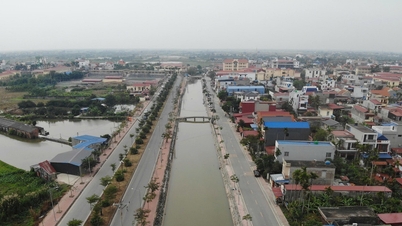






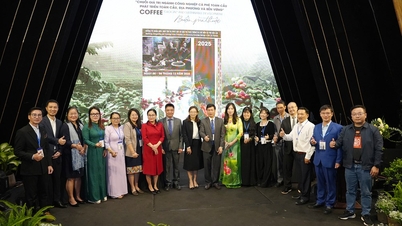
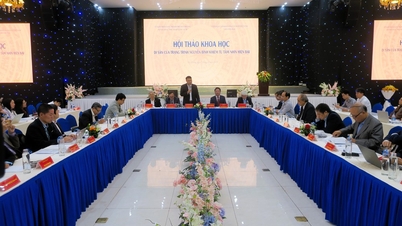
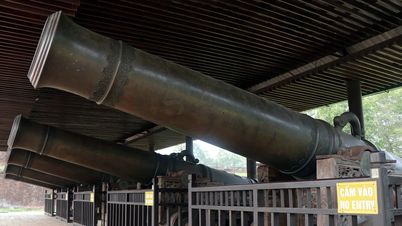

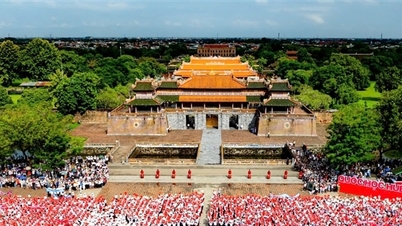






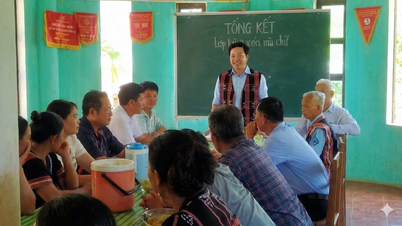







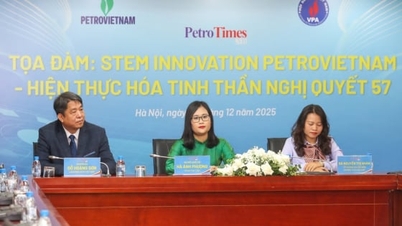

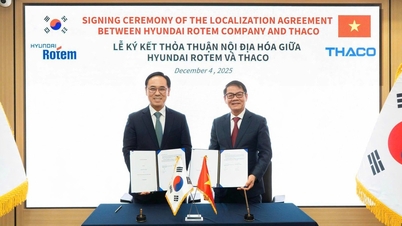
















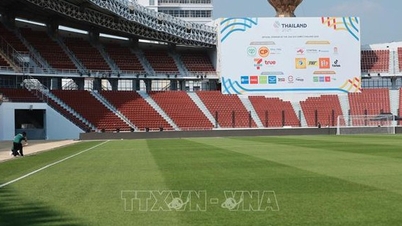
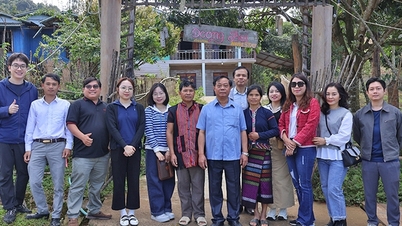













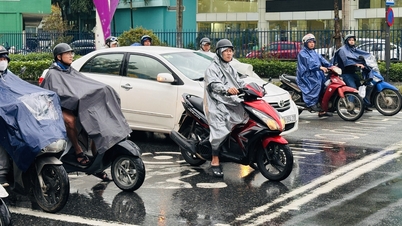

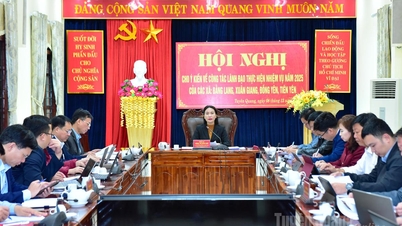











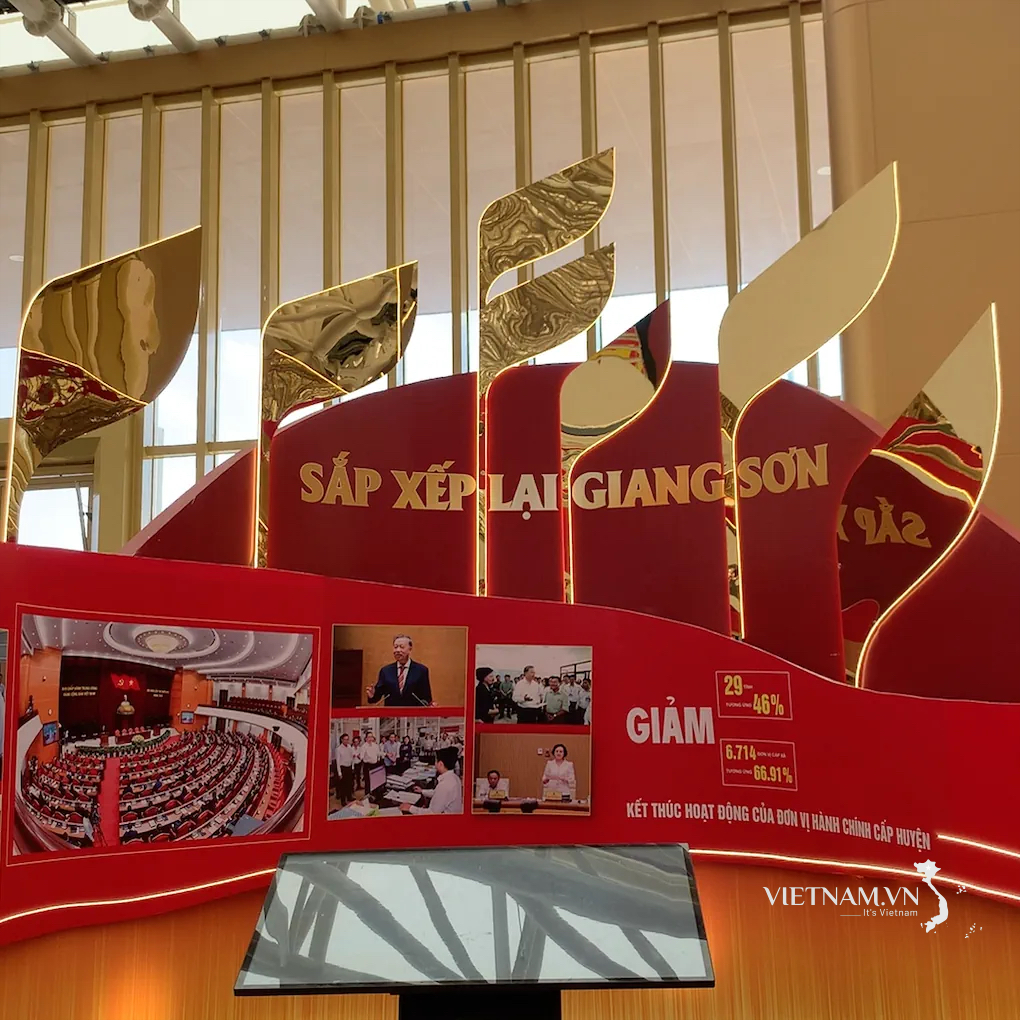







Comment (0)